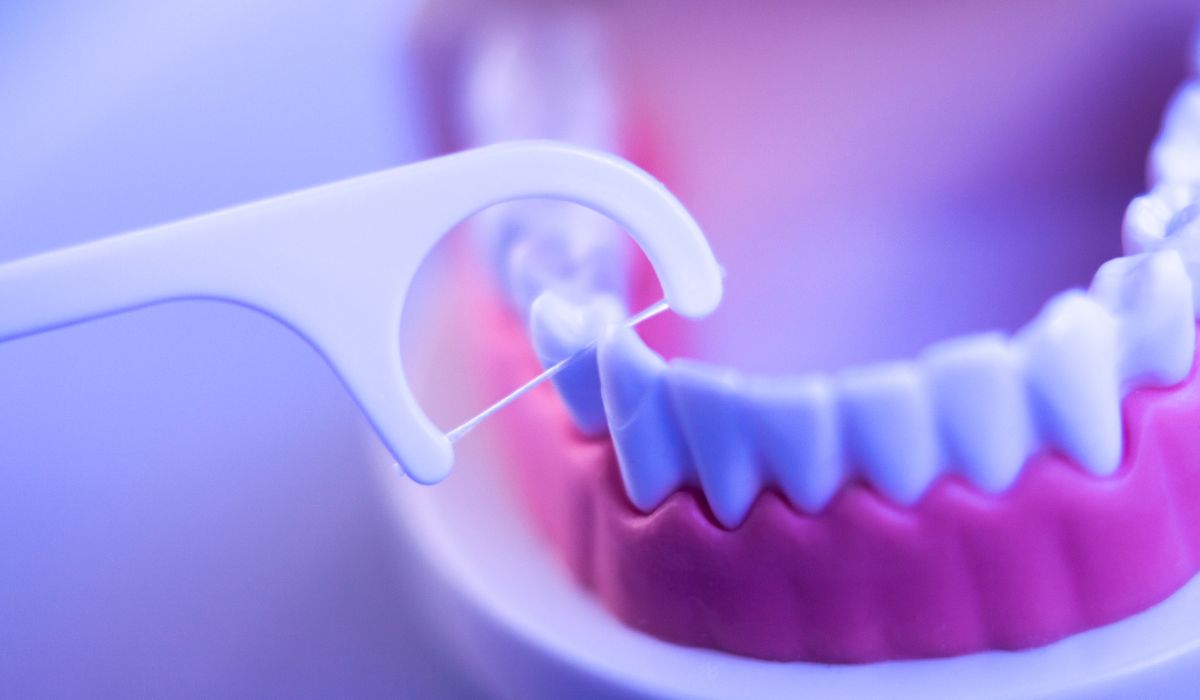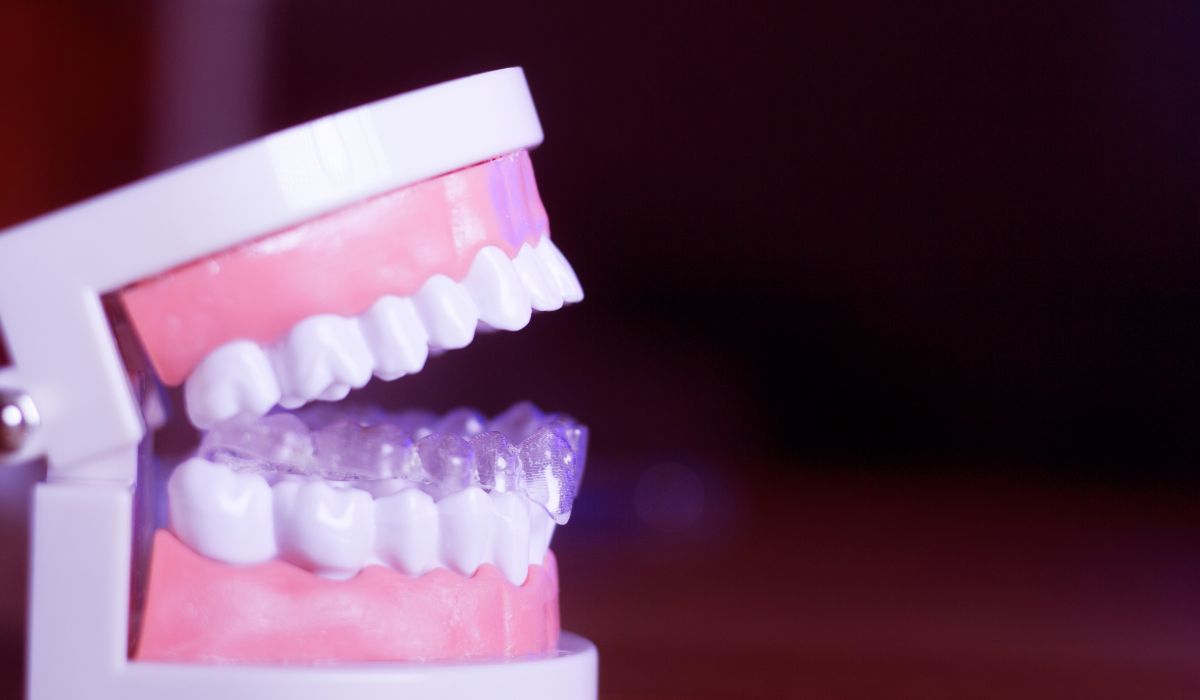Getting wisdom teeth extracted feels like a milestone in becoming an adult but are you curious about how long do wisdom teeth take to heal? Although wisdom teeth extraction is a common dental procedure many people are worried about how long it will take to recover. Your anxiety can be reduced, and more seamless recovery can be achieved by being aware of the healing process following wisdom teeth removal.
This blog will not only tell you about how long do wisdom teeth take to heal but will educate you on the day-by-day process of wisdom teeth healing, the necessary care to take, and factors influencing wisdom teeth recovery.

Wisdom teeth can take one to two weeks to heal properly. However, your dentist’s guidelines can help you recover faster. Healing takes time, so planning ahead and knowing what to anticipate each day can help you recover more effectively. The healing process after wisdom tooth extraction is divided into various stages. Below is an in-depth detail of wisdom teeth healing day-by-day process.
Setting the groundwork for optimal healing is crucial during the first 24 hours. Your body creates a blood clot at the extraction site to stop excessive bleeding, protect underlying bone and nerves, and lay the groundwork for new tissue formation. This is actually the first sign of healing.
The anesthesia wears off after a few hours of extraction. You should expect to feel somewhat numb and uncomfortable. If you notice slight bleeding, don’t panic because it’s completely normal.
Your dentist will give you a gauze to bite down to control the bleeding. Also, don’t forcefully rinse the mouth, as it can disrupt the blood clot. Avoid using straws for drinking, and don’t smoke. More importantly, follow your dentist’s instructions.
By this point, the blood clot should be completely formed, and your body will begin the process of tissue repair at the wisdom tooth extraction site. Therefore, it is essential to keep this area clean to avoid infection.
The day after the surgery, you may experience increased swelling around your cheeks and mouth. This is completely normal and can get worse during the first two days. You may also experience mild to moderate pain, but don’t worry—it can easily go away with ibuprofen or any other over-the-counter painkiller.
It is recommended that you take a good rest for the first two days. Keep the extracted site clean by lightly rinsing the mouth with warm saline water. Limit your diet to soft foods like Greek yogurt, applesauce, soup, and broth. Don’t forget to avoid straws, as suction impedes the healing process.
The swelling will probably peak on the third day. It is possible that you struggle to open your mouth, which adds to more discomfort, but don’t be alarmed; this is the body’s natural inflammatory response.
Keep eating the soft diet and following your dentist’s recommendations. But remember, if you experience high bleeding and intense pain, contact your dentist as soon as possible. Also, avoid brushing at the extraction site.
Your swelling should lessen as you approach the end of the first week after the extraction. Moreover, as swelling reduces, you can notice more obvious bruises around your jaw. Also, scabs can form at the surgical site. Their presence indicates the body’s natural healing process after wisdom tooth extraction. Taking good care of yourself during this period prevents complications like dry sockets.
Now, you can add more solid meals to your diet but do not eat anything that is too hard or crunchy. It’s also important to avoid heavy lifting and other strenuous physical activities, as they can impede the healing process. If you were given antibiotics, be sure to complete them by the end of the first week.
Now you are at the final stages of understanding how long do wisdom teeth take to heal. Most of the swelling subsides by the second week should feel at ease. Any pain that is still left is minimal and tolerable without the use of painkillers.
Most people discover their recovery is almost complete by the end of the third week. The last stages of healing include closing the extraction site and complete regeneration of gum tissue. However, maintaining good oral hygiene is still crucial, so continue brushing gently, flossing your teeth, and using mouthwash.
Several factors can influence how long do wisdom teeth take to heal. Therefore it’s necessary to understand these factors for optimal recovery.
In addition to these factors, diet, stress levels, immunity and pre-existing dental problems also impact the healing process. It is important to pay attention to these factors for speedy recovery. Always remember prevention is better than cure!

So, how long do wisdom teeth take to heal? While the recovery timeline varies from person to person, most people notice recovery in three weeks. By understanding the wisdom teeth healing process and following postoperative care, you can achieve quicker recovery.
Remember, choosing Wisdom teeth experts in NJ is as important as following the recovery steps. If you are looking for Wisdom teeth removal in NJ, consider consulting with Hesed Dental Clinic. Book your appointment to achieve a healthy smile.
Do you have a toothache or think you may need a root canal? Call or find us online for a convenient appointment at Hesed Dental Clinic. Our skilled, professional staff is ready to gently and efficiently treat your dental issues. We are located at 543 Gorge Road, Cliffside Park, NJ 07010. We look forward to helping you restore optimal dental health and a natural, beautiful, pain-free smile.

Hesed Dental 543 Gorge Road Cliffside Park, NJ 07010
201 941 8877